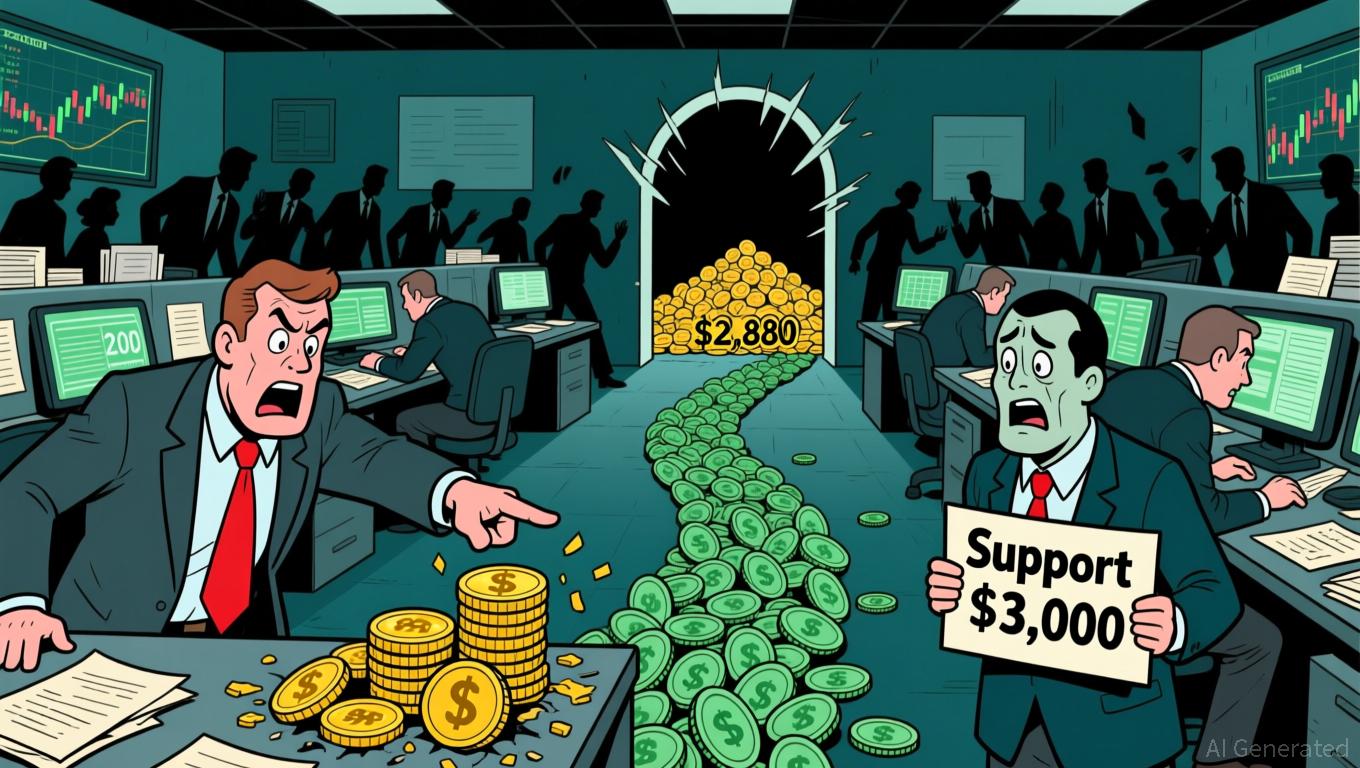Tokenization is finance’s email moment: Rebank RWA report
A new report by fintech analytics firm Rebank explains the potential of RWAs to reshape the financial system.
- RWAs represent a major shift in how the financial system works
- Tokenized assets are still small, but their growth is accelerating
RWAs are for finance what email is for paper mail, says fintech analytics firm. On Tuesday, Sept. 30, Rebank published a report titled Real World Assets: The Practitioner’s Guide, detailing the potential role RWAs may play in the future of finance.
According to the report, the main benefit of RWAs is the programmability and composability of digital assets. Traditionally, assets have been trapped within siloed databases and could move only through intermediaries. Tokenized assets, by contrast, can be transferred and exchanged instantly without the need for intermediaries.
As an analogy, consider the shift from paper mail to email: both systems deliver messages, but email collapses intermediaries, enables automation, and operates globally in real-time,” Rebank report .
Composability is another critical aspect, the report notes. For instance, holders can swap tokenized Treasuries directly for stablecoins or use a tokenized loan as collateral in a DeFi protocol, executing these operations without negotiating with a third-party intermediary.
RWA growth is accelerating
The report acknowledges that the RWA space remains small, but argues that the pace of adoption is the more revealing metric.
“Tokenized assets remain small relative to traditional markets, but their growth rates are striking. As of 2025, tokenized U.S. Treasuries represent only a few billion dollars in AUM, compared to a $20 trillion overall U.S. Treasury market. Stablecoins total approximately $280 billion, versus more than $18 trillion in U.S. bank deposits. Tokenized MMFs from leading issuers together hold billions, but this is still a rounding error relative to the $8 trillion global MMF market,” Rebank report.
The report also draws parallels with ETFs, which were once considered niche. By the early 2000s, ETF growth accelerated, and the vehicles eventually reshaped the investment-management landscape.
Disclaimer: The content of this article solely reflects the author's opinion and does not represent the platform in any capacity. This article is not intended to serve as a reference for making investment decisions.
You may also like
Grayscale Increases Chainlink Holdings Amid Price Drop, Shows Confidence in DeFi’s Prospects
- Grayscale surged LINK holdings to 1.3M tokens, quadrupling over two years despite 50% price drop, signaling long-term DeFi infrastructure bet. - Price decline pushed LINK to critical support level with low Exchange Supply Ratio, suggesting potential stabilization and buying opportunities. - Research highlights Chainlink's role in securing dApps and enabling tokenized assets, with major banks like UBS already adopting its infrastructure. - Grayscale filed a spot LINK ETF (GLNK) for December 2025 launch, m

Ethereum News Update: Ethereum's Downturn Reflects Coordinated Withdrawal from Both Crypto and Traditional Markets
- Ethereum dropped below $3,000 on November 17, mirroring Bitcoin's 3.21% slump to a six-month low amid synchronized crypto-traditional market selloff. - Crypto investment products recorded $2B in outflows, with Ethereum ETFs losing $689M as macroeconomic uncertainty and whale selling intensified pressure. - Technical indicators show ETH breaking below $3,200 and key trend lines, with $3,000 support level at risk if $3,280 resistance fails. - Ark Invest's $39.6M crypto-linked stock purchases contrasted mar

Bitcoin News Update: Cryptocurrency Companies Turn to Preferred Shares for Bitcoin Purchases, Sidestepping Debt and Equity Dilution
- Metaplanet issues $150M in preferred stock to expand Bitcoin holdings, avoiding equity dilution and debt. - Strategy adds 8,178 BTC ($835.6M) via similar preferred shares, reflecting institutional preference for capital-efficient crypto financing. - JEXAI's AI-blockchain platform optimizes energy use and asset allocation, lowering barriers for institutional Bitcoin adoption. - Market turbulence, like a $5.5M liquidation on HyperLiquid, highlights risks driving demand for stable, long-term capital strateg

HSBC’s Tokenized Deposits: Unlocking the $16 Trillion RWA Market to Satisfy Investor Needs
- HSBC plans to launch tokenized deposits in the U.S. and UAE by 2026, targeting high-net-worth clients amid evolving banking models. - The move aligns with a $16.1T RWA market growth projection and FDIC guidance on tokenized deposits, reflecting industry-wide regulatory shifts. - Client demand for alternatives has doubled, with 59% of entrepreneurs diversifying globally, positioning tokenization as a key wealth management tool. - Industry forecasts suggest RWA tokenization could unlock $400T in traditiona

